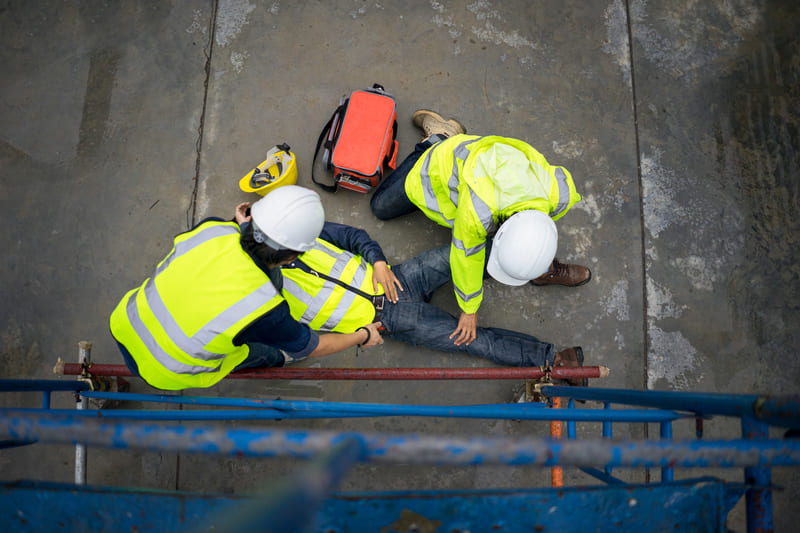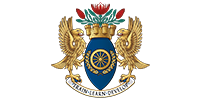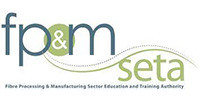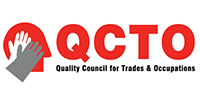Once you’ve completed your safety officer course, it’s important to understand the many duties that come with being a safety officer. Safety officers are required to perform a vast range of duties and responsibilities to ensure a safe working environment for all. Whether they’re formulating the proper safety procedures or performing risk evaluations, the tasks of safety officers are of utmost importance.
This article explores the many duties and roles of safety officers that are vital to the safety guidelines of the workplace and why they’re so important. If you’re interested in finding out more, this short read covers all the must-know facts.
How Do You Become A Safety Officer?
While there is no set path when it comes to being hired as a safety officer, there are some necessary steps that can help you become one. Regardless of how you’re going about your journey to becoming a safety officer, you need to finish a safety officer course and acquire the necessary certifications. Getting the proper training and education in the health and safety field are of absolute necessity as you’ll be responsible for the safety and protection of those in the workplace.
Additionally, while it is not required for you to have experience in the health and safety field, it is highly recommended to acquire some after completing your safety officer course. Having prior experience in the safety industry not only increases your chances of being hired, but also provides you with a deeper understanding of the work you’ll be doing as a safety officer.
It is also helpful to possess specific skills to help get you a leg up in the industry, such as having strong interpersonal skills, being able to work and make decisions under pressure and having good communication skills.
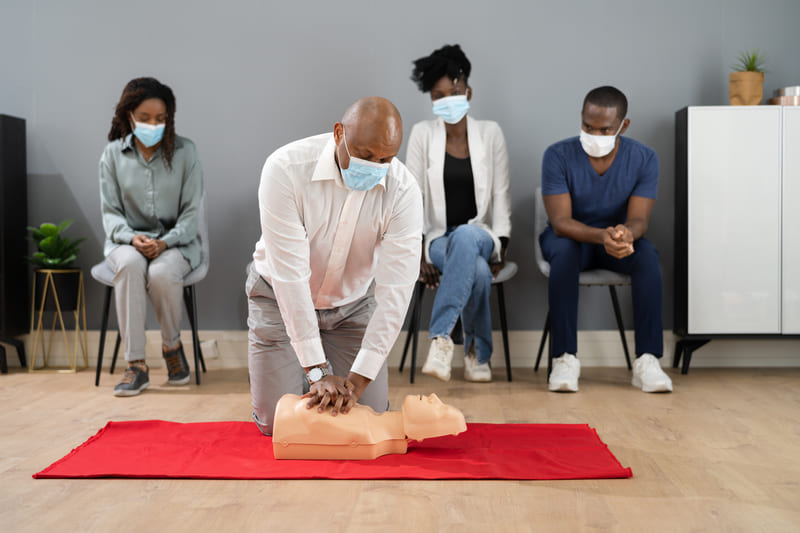
The Important Duties Of A Safety Officer
Ensuring the health and safety of any organization or business comes with many responsibilities and duties. While there may be specific tasks that differ from industry to industry, here are some of the key duties that all safety officers need to perform:
- Maintaining Hazard Free Environments: Safety officers need to ensure that premises of the company they are working for are safe and free from hazards on a regular basis. This is regulated through careful examination and inspection and helps to identify potential dangers in the workplace, such as defective electrical wiring or trip hazards. The identification and inspection of potential hazards is an important module that forms part of the safety officer course.
- Verifying & Submitting Injury Reports: When someone in the workplace is injured, it is the responsibility of the safety officer to verify, submit and report all injury logs to the appropriate government management. Safety officers need to log and submit the nature of injuries in the workplace as it helps those within the business to prevent further accidents from happening as well as progressing the existing safety measures. This duty is crucial to establishing a safe working environment for managers and their employees.
- Implementing Safety Guidelines & Policies: In addition to fostering a safe and healthy space for workers, safety officers also need to ensure that the company and its employees are complying with South African legislation. These policies come with specific protocols and procedures that must be always adhered to by everyone affiliated with the business. As any valuable safety course should be, EMCARE’s safety officer course has been developed specifically to ensure compliance with national legislation. All modules included within the safety officer course have been designed to follow and abide by South Africa’s health and safety laws.
- Coordinating The Management Of Hazardous Waste: When dangerous waste is removed from the workplace, it is the responsibility of the safety officer to manage the coordination, registration and removal of that waste. This responsibility comes with a range of duties, namely completing the necessary paperwork, complying with the correct disposal measures as well as noting the available disposal sites for waste in the area. The management of waste and dangerous materials falls under the environmental management module of EMCARE’s safety officer course.
- Being Prepared For Emergencies: Safety officers need to be on standby for workplace emergencies at most times. Additionally, preparedness for emergencies in the workplace also means ensuring that the workers of the business know what tasks they must undertake should there be an emergency. These duties are included within the safety officer course as part of the emergency evacuation procedure module. Effective communication and the necessary training allow for employees to be better equipped to respond to emergencies in a coordinated way. This is especially important as a lack of training or poor coordination can lead to injuries or accidents during an emergency.
- Correcting Dangerous Conditions & Practices: Safety officers are responsible for not only identifying potential hazards, but also rectifying existing ones within the workplace. This duty requires more than just eliminating potential dangers, but also investigating possible causes, implementing disciplinary actions and delivering official warnings. By adhering to and enforcing the proper health and safety protocols, safety officers facilitate an environment where rules are to be respected and obeyed by all workers in the business.
- Risk Mitigation: An essential part of being a safety officer is mitigating the risk of potential hazards before they happen. This involves assessing possible unsafe or dangerous conditions in the workplace and providing helpful recommendations to the supervisors of the company. Risk assessment and management are covered extensively in any effective safety officer course.
